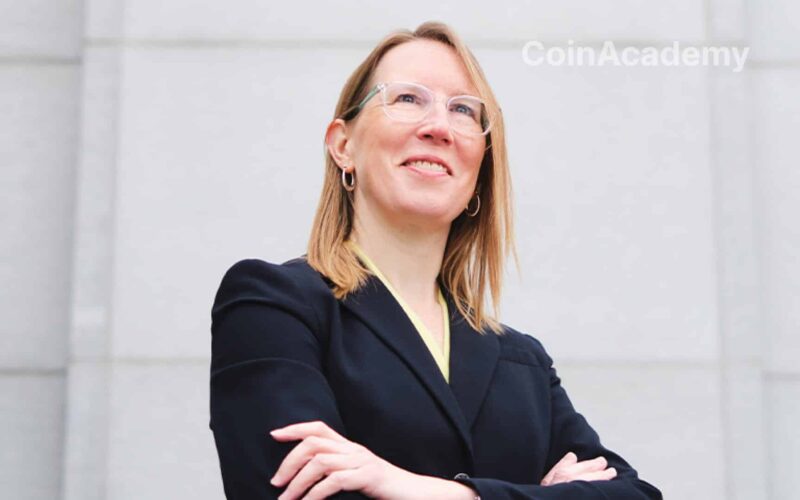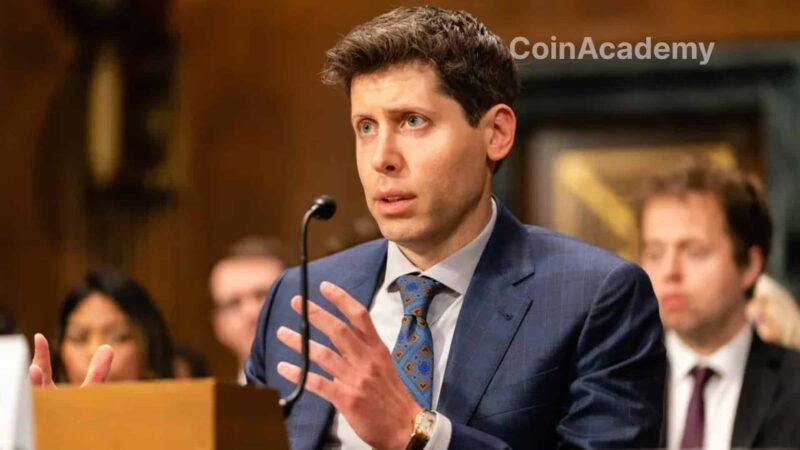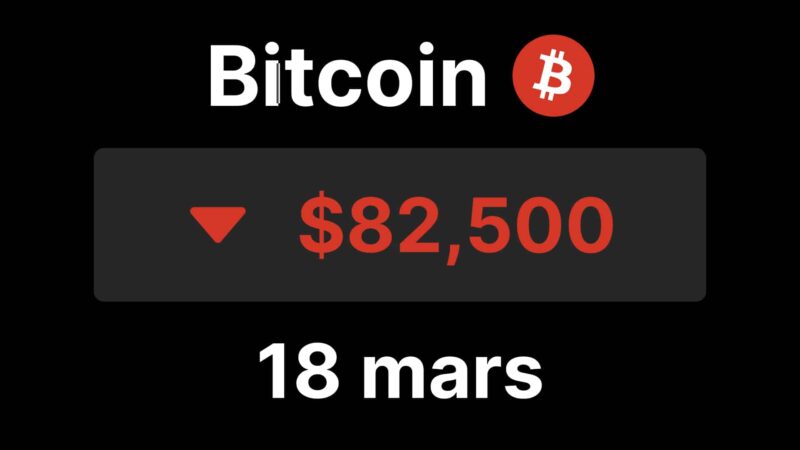Hester Peirce, SEC Commissioner, Suggests Alternative Regulation for Memecoins
Hester Peirce, a commissioner at the U.S. Securities and Exchange Commission (SEC), stated in an interview with Bloomberg that many memecoins may not fall under the agency’s jurisdiction. Leading the recently established Crypto Task Force at the SEC, Peirce aims to clarify the classification of digital assets and determine which tokens can be considered non-securities.
A Shift in Crypto Regulation
Hester Peirce’s statements mark a departure from the approach taken under Gary Gensler, former chairman of the SEC, who believed that the majority of cryptocurrencies should be considered financial securities. Under Gensler’s leadership, the SEC initiated legal actions against industry giants such as Binance, Coinbase, and Kraken, accusing these platforms of offering unregistered securities. Many market participants have criticized the lack of regulatory clarity and a strategy of systematic obstruction preventing effective compliance.
An Implicit Recognition of the Unique Nature of Memecoins
Peirce emphasizes that the regulation of memecoins may fall under the purview of the U.S. Congress or the Commodity Futures Trading Commission (CFTC), rather than the SEC. She also acknowledges that the phenomenon of memecoins largely eludes traditional frameworks for classifying financial assets, setting them apart from tokens typically targeted by regulators.
The rise of memecoins has been spectacular, especially with the advent of simplified launch tools like pump.fun on Solana, enabling any user to create a token in a few clicks. In 2024, the market capitalization of memecoins reportedly skyrocketed by 500%, reaching $120 billion, fueled by renewed interest from the general public and influential figures like Donald Trump, who even launched his own memecoin.
While Peirce takes a more accommodating stance towards memecoins, detractors point out that these tokens, often highly speculative and volatile, operate in a regulatory gray zone conducive to scams and market manipulation. Many projects launched in this category are pump-and-dump schemes, causing massive losses for unsuspecting investors.
Hester Peirce advocates for more flexible regulation that encourages innovation rather than stifling it. “We have put up barrier after barrier for those trying to engage with us,” she stated, calling for an approach that allows entrepreneurs to test new ideas without being immediately crushed by overly rigid regulations.
The debate over the legal status of memecoins remains open, but Peirce’s position reflects an evolution in how U.S. authorities approach digital assets. While the SEC appears to be moving away from strict regulation of memecoins, the Congress or other agencies may soon take up the issue to oversee this new class of assets at the intersection of finance and internet culture.




